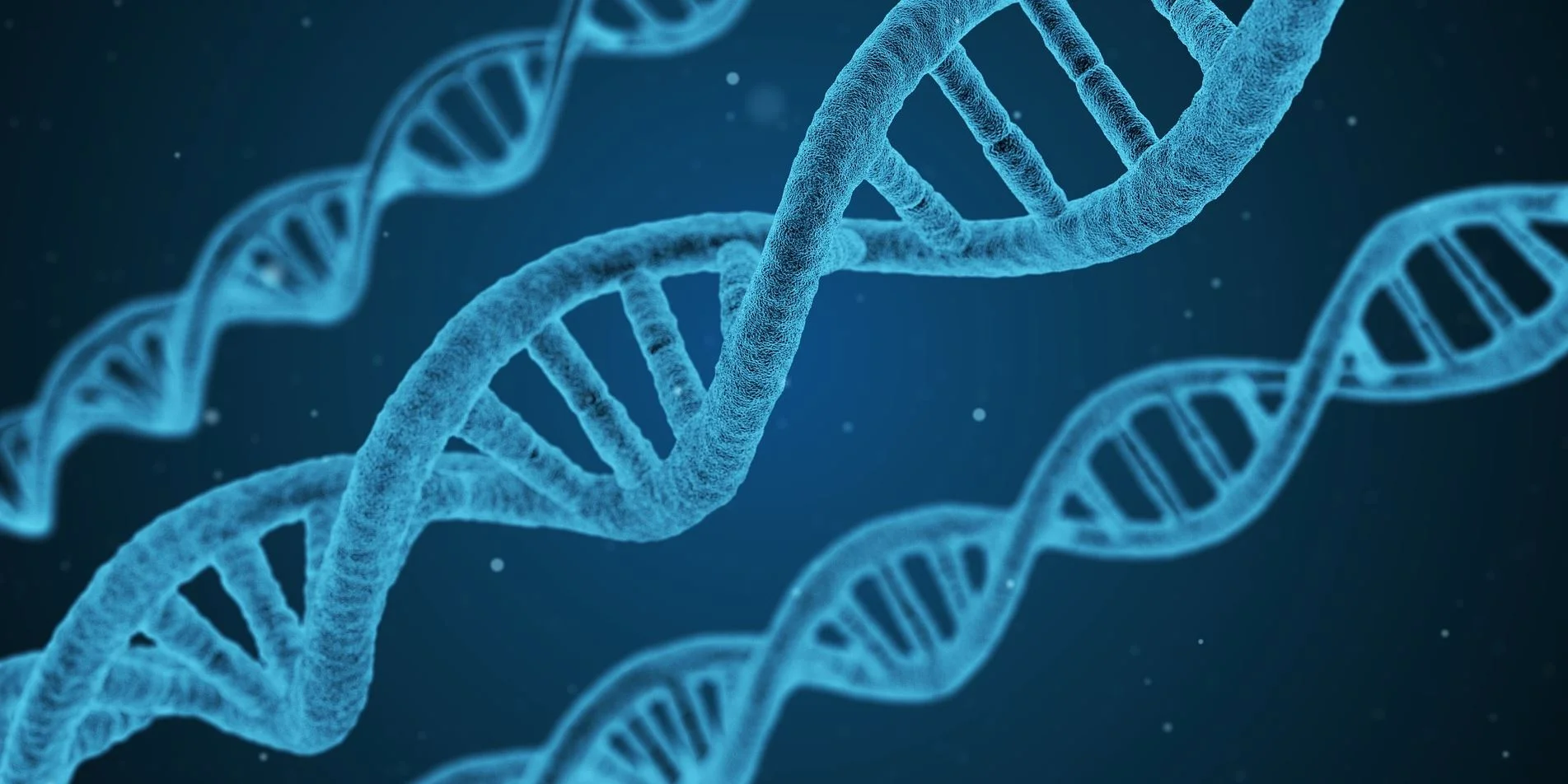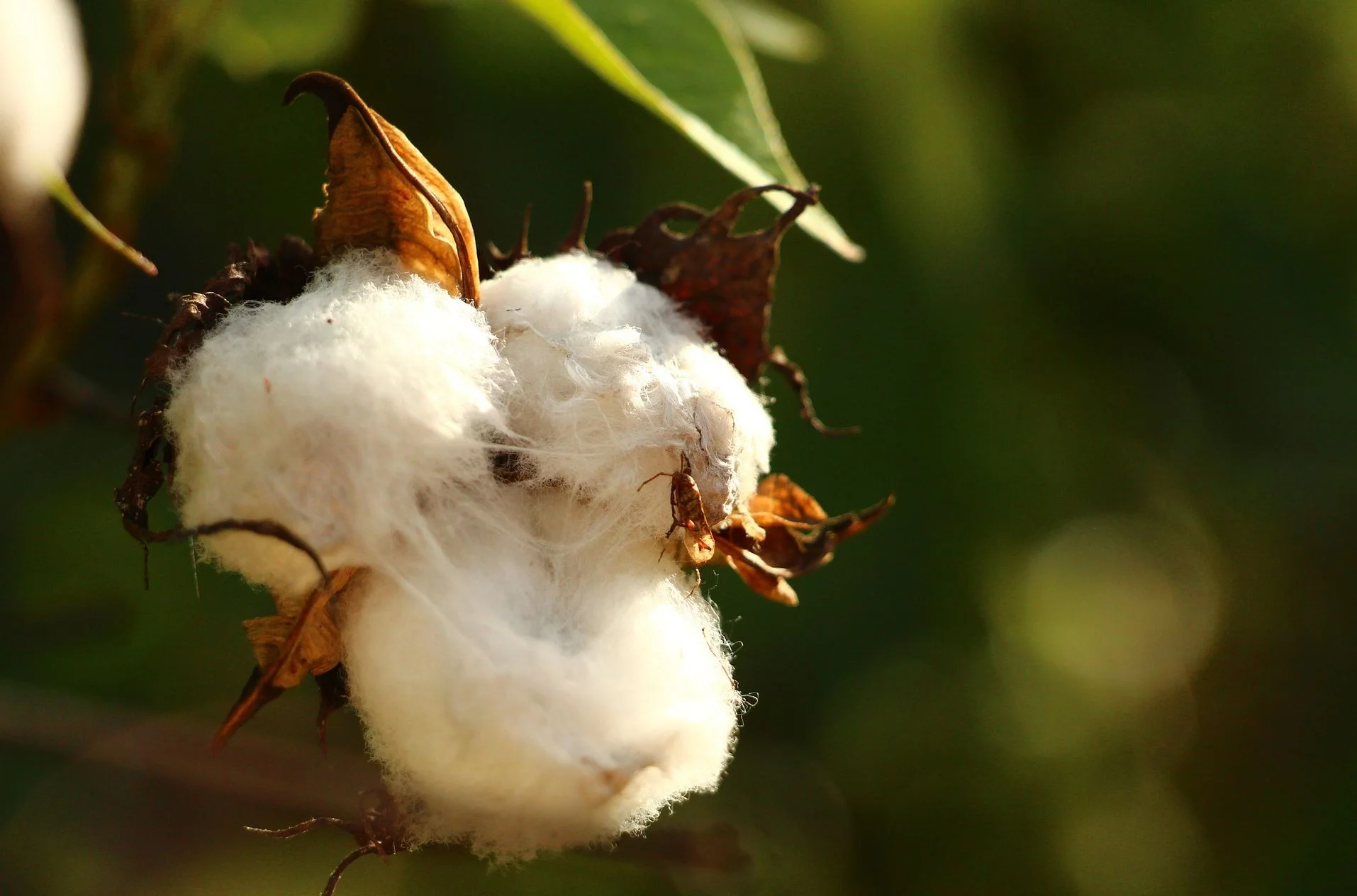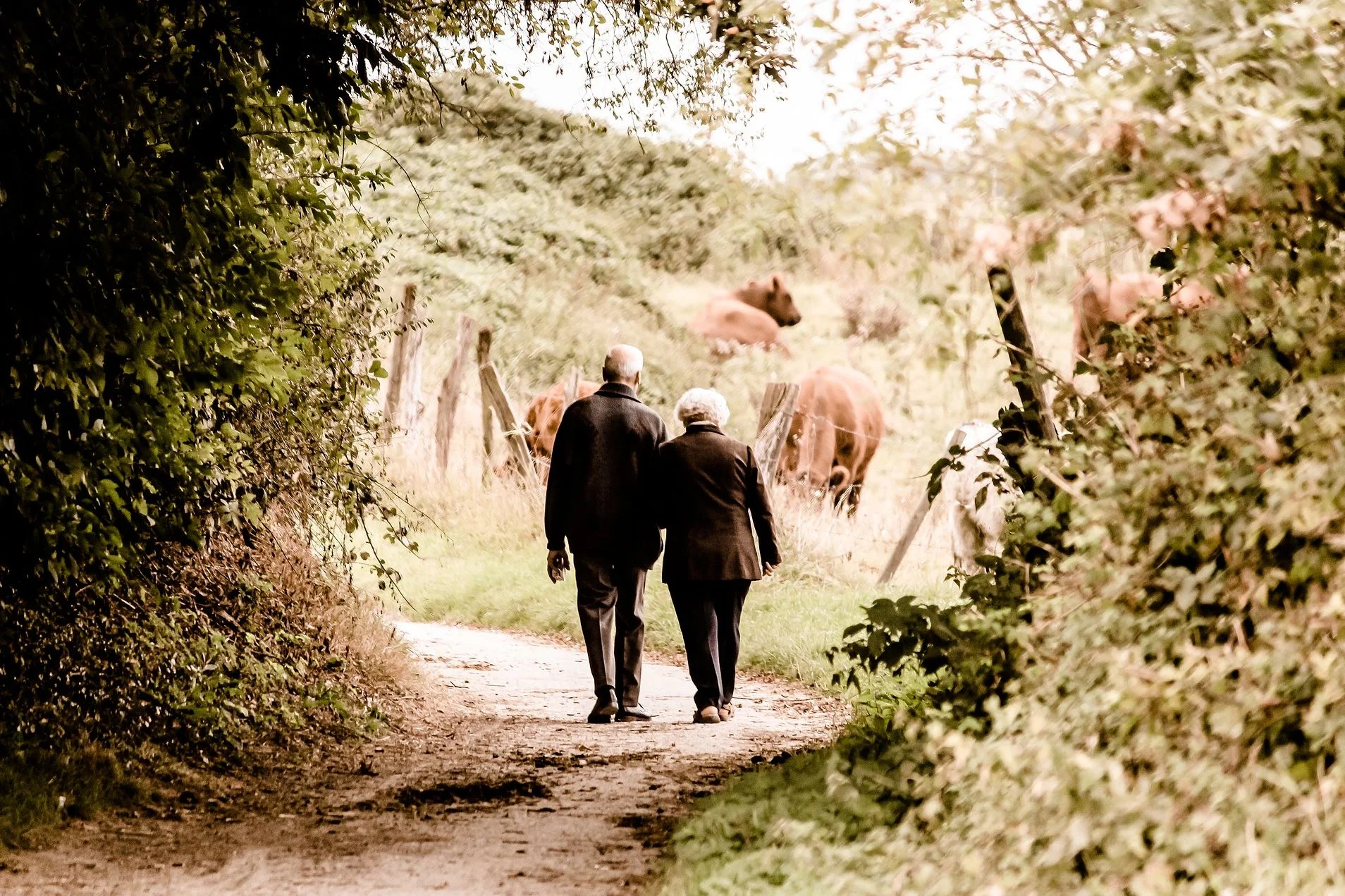The recent inquest into the death of Natasha Ednan-Laperouse from anaphylaxis after eating a Pret A Manger baguette she was unaware contained sesame, could lead to a change in labelling legislation. Indeed, a recent investigation found that undeclared allergens were present in a quarter of foods sampled. But a more fundamental issue needs to be addressed: why are more people experiencing severe food allergies than ever before?
5 Technologies Bringing Healthcare Systems into the Future
Neuroscientists identify a surprising low-tech fix to the problem of sleep-deprived teens
Healthy sleep leads to healthy brains. Neuroscientists have gotten that message out. But parents, doctors and educators alike have struggled to identify what to do to improve sleep. Some have called for delaying school start times or limiting screen time before bed to achieve academic, health and even economic gains.
Our neurons explain why we live so long
Human evolution is still happening – possibly faster than ever
Modern medicine’s ability to keep us alive makes it tempting to think human evolution may have stopped. Better healthcare disrupts a key driving force of evolution by keeping some people alive longer, making them more likely to pass on their genes. But if we look at the rate of our DNA’s evolution, we can see that human evolution hasn’t stopped – it may even be happening faster than before.
Cotton bio-fuel cell could one day power pacemakers
Is alcohol bad for you? It depends on the drink and how you drink it
Recent headlines claim that a glass of wine or a pint of beer a day shortens your life. It’s enough to dampen any thoughts of a celebratory drink or two at Christmas. But those conclusions are based on a partial view of the alcohol debate.
Five food mistakes to avoid if you’re trying to lose weight
Could consciousness all come down to the way things vibrate?
Why is my awareness here, while yours is over there? Why is the universe split in two for each of us, into a subject and an infinity of objects? How is each of us our own center of experience, receiving information about the rest of the world out there? Why are some things conscious and others apparently not? Is a rat conscious? A gnat? A bacterium?
Heart attacks more frequent in colder weather
From peaceful coexistence to potential peril: the bacteria that live in and on us
The best foods to eat for a good night’s sleep
As life expectancies rise, so are expectations for healthy aging
Meet the trillions of viruses that make up your virome
If you think you don’t have viruses, think again. It may be hard to fathom, but the human body is occupied by large collections of microorganisms, commonly referred to as our microbiome, that have evolved with us since the early days of man. Scientists have only recently begun to quantify the microbiome, and discovered it is inhabited by at least 38 trillion bacteria. More intriguing, perhaps, is that bacteria are not the most abundant microbes that live in and on our bodies. That award goes to viruses.
How the switchover to daylight saving time affects our health
Plant-rich diets may help prevent depression – new evidence
Being depressed can negatively affect your appetite and what you eat, but can bad eating habits bring your mood down? Our latest study, a systematic review of the best available evidence, found a clear link between the quality of a person’s diet and their risk of depression. And it goes beyond the effect of diet on body size or other aspects of health that can affect mental health.
It’s better light, not worse behaviour, that explains crimes on a full moon
Five popular hangover cures, reviewed by experts
It’s a common misconception that hangovers are mainly the result of dehydration. An evening of heavy drinking can lead to inflammation of the stomach and intestines, poor-quality sleep and the production of toxic substances that lead to vomiting, sweating and an increased heart rate. Research also suggests that hangovers can hamper the ability to concentrate and remember information.
Deciphering how memory works in the brain – at the level of individual cells
Say you meet an old friend at the train station. She is standing about a metre ahead of you, and on the tracks to your right a train has just pulled into the station. Behind your friend you see a bakery. We often remember such scenes in vivid detail. But exactly how we do that by forming mental images has long been a bit of a mystery.
Close-Up View of DNA Replication Yields Surprises
Almost all life on earth is based on DNA being copied, or replicated, and understanding how this process works could lead to a wide range of discoveries in biology and medicine. Now for the first time scientists have been able to watch individual steps in the replication of a single DNA molecule, with some surprising findings. For one thing, there’s a lot more randomness at work than has been thought.














